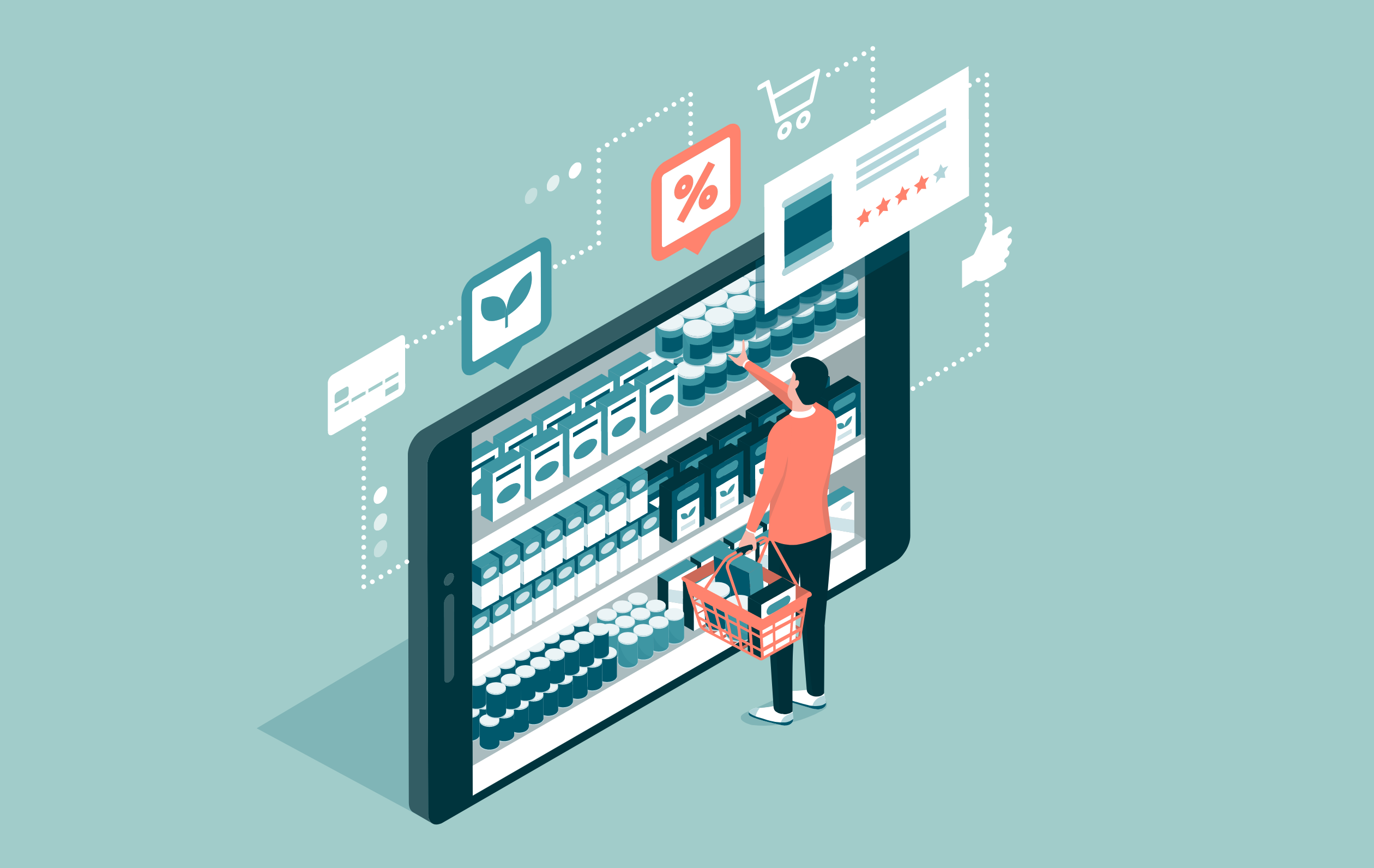By Tom Wintaugh | April 17, 2022

See why top ecommerce brands use Miva’s no-code platform to run
multiple stores, manage massive catalogs, and grow their revenue.
Online business which began on great entry-level platforms but are ready to move beyond the basics may be all too familiar with the challenges of ecommerce "growing pains." If you are looking for new ecommerce shopping cart software or a Shopify competitor, the following conditions might ring a bell...the expansion of your business makes it harder to keep with changing costs, complexity, and demand. Maybe your inventory has grown to the point where it feels unwieldy. Perhaps basic processes which once seemed straightforward now feel patched together with makeshift workarounds, and standing out from competition can seem like an uphill battle. If you're experiencing these types of growing pains, your ecommerce platform may be the culprit. In this blog, we'll identify key signals that your business may be growing faster than your ecommerce platform can support.
Platforms which are designed to make it easy for small businesses to get a foothold in online selling often lack the advanced features and flexibility needed to support an expanding business in a changing economic environment. To this end, ecommerce solutions which might be exceptionally good at handling the basics may nonetheless come up short when you suddenly find yourself with tens of thousands of SKUs, compliance issues, and a range of omni-channel sales all needing to funnel into the same control center. Do you have B2B buyers with unique purchasing needs? Do your products require specialized fulfillment? Do you want to explore customized "bricks and clicks" modes of selling? Advanced business requirements like these are not typically feasible with an "off-the-shelf" solution.
If you find yourself grappling with the challenges that come with scaling, it may be time to consider developing a more advanced ecommerce solution.
When smaller businesses expand their product lines, grow their customer base, and market to new sales channels, they often run up against the limitations of basic ecommerce platforms. In fact, these platform limitations can actually prevent businesses from doing any of those things. The feeling that your business is not reaching the potential you know it’s capable of is what drives most people to start researching a Shopify competitor. Here are 8 common roadblocks that indicate when an ecommerce platform may not be equipped to grow alongside an online business:
An ideal ecommerce platform needs to scale alongside your business. As the most important tool you have for selling online, your platform should support changes and growth by providing adaptable solutions, customizable selling methods, reliable performance, and excellent support for questions big and small. Without these things, your platform can actually become your biggest roadblock to success! The following core elements become increasingly important as your business gets out of the starting blocks and into more advanced needs:
Scalability: It’s crucial to be able to effortlessly scale resources with your business growth.
Customization: Staking out a unique and competitive place in the market demands advanced customization options which allow you to mold an ecommerce store to the exact needs of customer and industry.
SEO and Marketing: If no one can find your site, they will never be able to enjoy the shopping experience you have created for them. Ecommerce platforms should provide a comprehensive suite of SEO and marketing tools.
B2B Functionality: B2B wholesale selling is a massive component of the online economy, and an increasing number of businesses are integrating some form of B2B alongside direct to consumer sales, making specific B2B-enabling ecommerce features critical.
Seamless Integrations: The more complex your business becomes, the more external systems, services, and partners you may wish to integrate. Your ecommerce platform should be equipped to develop customized connection to third party software to enhance the effectiveness of your sales and fulfillment techniques.
A great ecommerce platform is the most important component of any online business. However, not all platforms are equal. Entry-level solutions that might work for smaller operations can fail to deliver the features and support needed for expanding businesses, and all of the complexities they bring. Growing businesses should consider whether their current solution is capable of scaling up to handle more inventory, more customers, and the unique requirements of being a leader in their specific industry.
Any search for alternate shopping cart solutions or a Shopify competitor should start with a thorough assessment of how the current platform is performing. We’ve put together a 5-step website assessment which will help you quickly analyze the strengths and weakness of your platform. Then, you can strategically invest time and resources to set the stage for growth and scale sustainably, all while delivering an exceptional experience to your customers.

Katy Ellquist, Miva’s Digital Marketing Strategist, is an accomplished writer, marketer, and social media analyst who has created sophisticated content campaigns for a broad range of professional clients. She brings to Miva a complex understanding of ecommerce trends and techniques, building upon extensive digital agency experience and a prior role as direct liaison to Miva’s top accounts. Katy is a regular contributor to the Miva blog, covering essential ecommerce topics like design & development strategy, site optimization, and omnichannel selling, with the goal of increasing the actionable knowledgebase of the entire Miva community.
Love it? Share it!
No worries, download the PDF version now and enjoy your reading later...
Download PDF